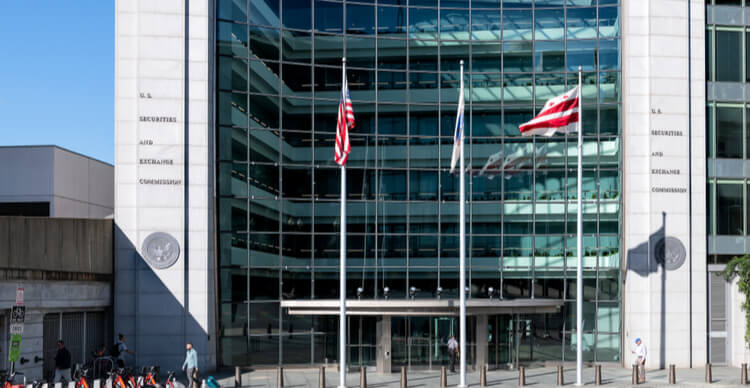The Welfare State and Political Economy
The welfare state and political economy are two interconnected concepts that have a profound impact on societies worldwide. The welfare state refers to a system in which the government plays a crucial role in ensuring the well-being and social security of its citizens. Political economy, on the other hand, explores the relationship between politics and economics and how they influence each other. In this article, we will delve into the significance of the welfare state in the context of political economy, examining its origins, functions, and implications for society.
The Origins of the Welfare State
The concept of the welfare state emerged in the late 19th and early 20th centuries as a response to social and economic challenges brought about by industrialization. It gained traction in countries such as Germany, the United Kingdom, and Sweden, where social reforms were introduced to address the growing concerns of poverty, unemployment, and inadequate living conditions. These reforms aimed to provide a safety net for individuals and families by offering social assistance, healthcare, and education.
The Functions of the Welfare State
The welfare state performs various functions to ensure the well-being of its citizens. It provides social security programs such as unemployment benefits, retirement pensions, and healthcare services. Additionally, it promotes equal opportunities through education and training programs, striving to reduce social inequalities. The welfare state also regulates labor markets, ensuring fair working conditions and protecting workers' rights. By performing these functions, the welfare state aims to create a more inclusive and equitable society.
The Impact of the Welfare State on Economic Growth
There is an ongoing debate about the impact of the welfare state on economic growth. Proponents argue that the welfare state can enhance economic growth by fostering social stability and reducing poverty. When individuals have access to healthcare, education, and social protection, they are more likely to participate in the labor market and contribute to the economy. However, critics contend that excessive welfare state interventions can hinder economic growth by burdening taxpayers and creating disincentives for work and entrepreneurship.
Challenges and Criticisms of the Welfare State
Despite its noble intentions, the welfare state faces several challenges and criticisms. One of the primary concerns is the sustainability of welfare programs, particularly in the face of an aging population and increasing healthcare costs. Critics argue that welfare state policies can create dependency and discourage self-reliance, perpetuating a cycle of poverty. Moreover, there are debates about the optimal level of welfare provision and the balance between individual responsibility and state intervention.
The Welfare State and Social Equality
The welfare state plays a crucial role in promoting social equality. By providing equal access to essential services, it aims to reduce disparities in opportunities and outcomes. Social welfare programs can help alleviate poverty, improve healthcare outcomes, and enhance educational attainment among disadvantaged groups. However, achieving social equality remains an ongoing challenge, as systemic barriers and structural inequalities persist.
The Welfare State and Economic Inequality
While the welfare state aims to mitigate economic inequality, its effectiveness in doing so is a subject of debate. Some argue that welfare state policies can reduce income disparities by redistributing wealth and providing social support to those in need. However, others contend that the welfare state may inadvertently perpetuate inequality by disincentivizing work and stifling economic growth. Balancing the goals of reducing inequality and promoting economic prosperity is a complex task for policymakers.
The Welfare State in Different Political Systems
The welfare state manifests differently in various political systems. Social democratic countries, such as Sweden and Denmark, tend to have comprehensive welfare programs with a strong emphasis on social equality. In contrast, liberal welfare states, like the United States and the United Kingdom, prioritize individual responsibility and market mechanisms while offering a more limited safety net. The specific design and scope of the welfare state depend on the values, ideologies, and historical contexts of each country.
The Future of the Welfare State
The future of the welfare state is subject to ongoing debates and challenges. Societal changes, such as technological advancements and demographic shifts, necessitate reevaluating existing welfare models. Policymakers must find innovative solutions to address emerging social and economic issues effectively. Balancing fiscal sustainability, social protection, and economic growth will be crucial in shaping the future of the welfare state.The welfare state remains a significant component of modern political economies, aiming to provide social security, equal opportunities, and economic stability. While it faces criticisms and challenges, its role in promoting social welfare and addressing inequalities cannot be undermined. The welfare state must continuously adapt to changing societal needs, striking a balance between providing support and encouraging self-sufficiency.







 English (US) ·
English (US) ·